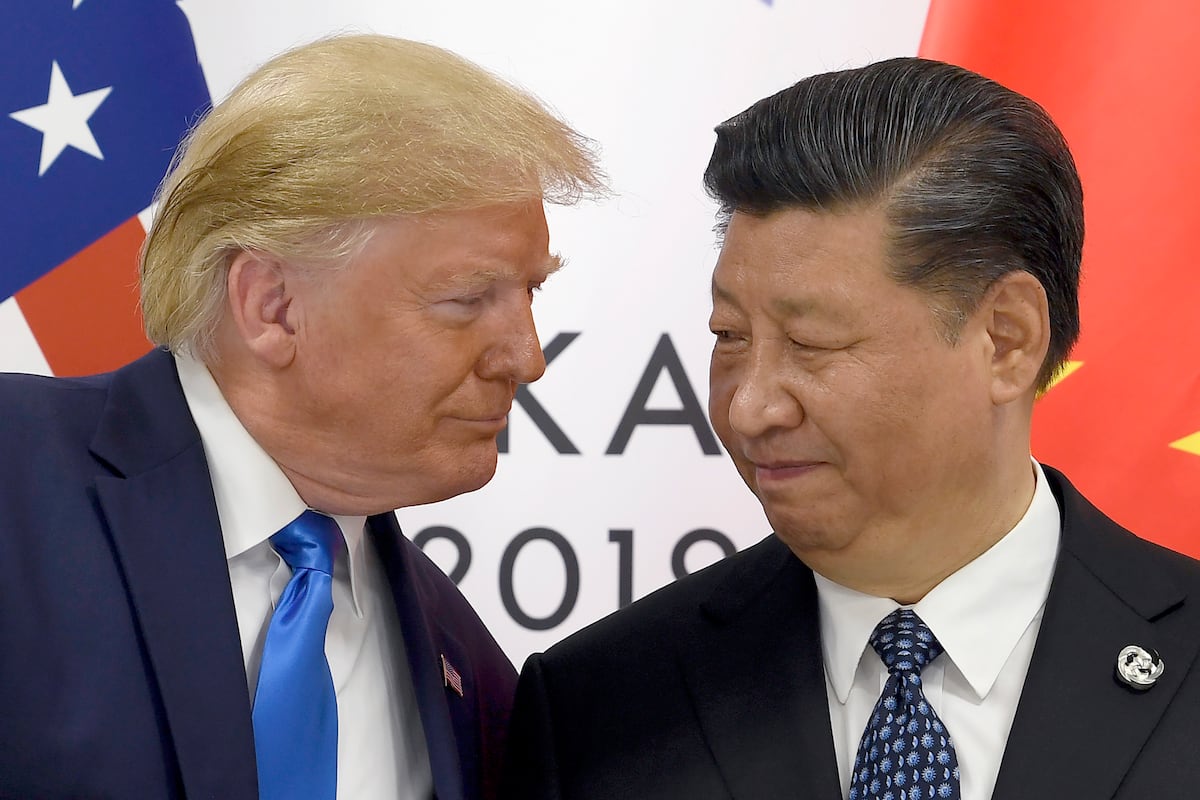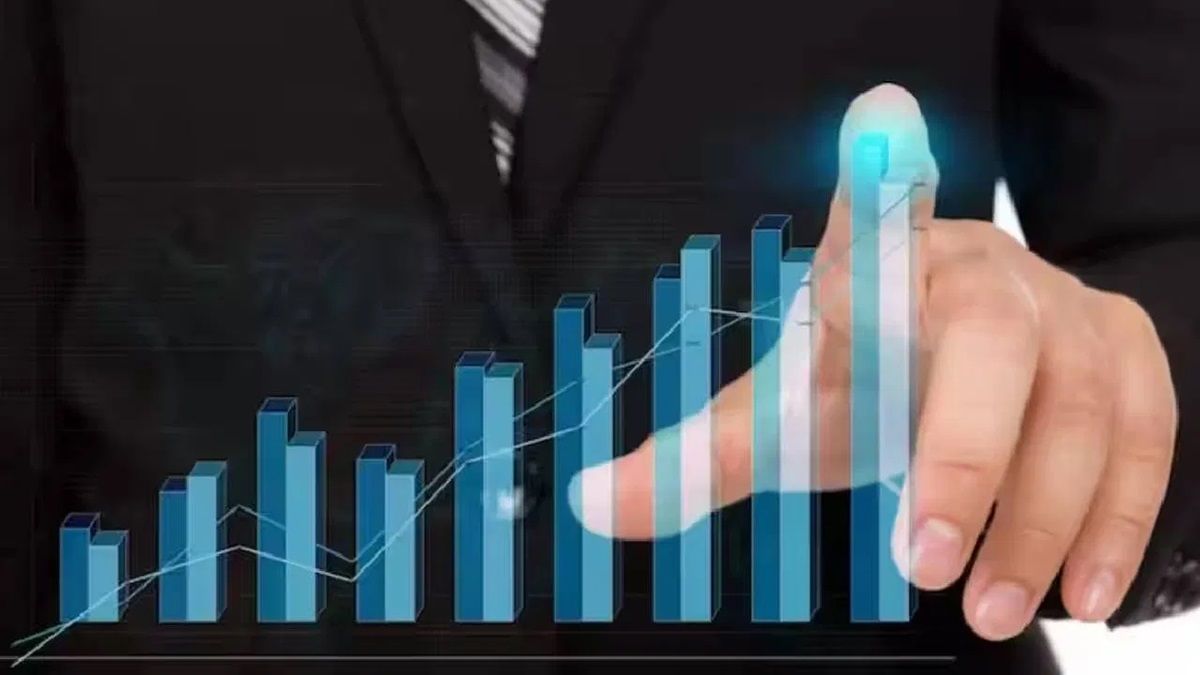The first volley is already here… at least in words. China has been waiting for the tariff blow from the president-elect of the United States, Donald Trump, for some time. The announcement that it intends to tax an additional 10% on products from the Asian giant at US customs has not been a surprise in Beijing, where the authorities claim to be prepared for an eventual trade war 2.0 when the leader who started the first one, in 2018 , arrive at the White House. China’s response, also verbally, has not been long in coming: “The economic and commercial cooperation between China and the United States is mutually beneficial in nature,” replied the spokesperson for the Chinese Embassy in Washington, Liu Pengyu, through your account in X. “No one will win a trade war.”
Less than two months before Trump begins his term on January 20, the magnate made public this Monday his threat to Mexico, Canada and China that he will subject their imports to an additional tax if they do not put an end to drug trafficking, in particular of fentanyl, and to irregular immigration from said countries. The rate, which would be imposed from the first day he occupies the Oval Office, he has stated, will be 25% for all products from Mexico and Canada and another 10% in addition to the tariffs already established for imports from China.
Fentanyl, a cheap white powder, 50 times more powerful than heroin, which kills more than 70,000 people in the United States every year, is an old point of contention between Beijing and Washington, which considers the Asian country the point of origin. of the precursors to manufacture the drug. Cooperation to combat it has been one of the few points of agreement that the Administration of outgoing President Joe Biden managed to establish with China in the last year.
“The anti-narcotics authorities of China and the United States have resumed regular communication since the San Francisco summit,” the Chinese spokesperson recalled in his text in anus. According to Liu, the Chinese side has notified the US of the progress made in anti-narcotics operations, and has responded to the US request to verify leads on certain cases and taken measures. “The idea that China deliberately allows the flow of fentanyl precursors to the United States is completely contrary to facts and reality,” the diplomat said.
Trump has written a specific message about China and fentanyl on his social network, Truth Social. “I have had many conversations with China about the massive quantities of drugs, particularly fentanyl, being shipped to the United States, but to no avail. Representatives from China told me that they would impose their maximum penalty, the death penalty, on any drug trafficker caught doing this, but, unfortunately, they never did, and the drugs are entering our country, mainly through Mexico. , to levels never seen before. Until they stop doing this, we will charge China an additional 10% tariff, above any other tariff, on all their products entering the United States of America. Thank you for your attention to this matter.”
blow to Mexico
The 25% tariff blow to Mexico is, in addition, another point of indirect impact on China: numerous companies from the second economic power on the planet have moved factories and production to this country, which in recent years has become the main source of of imports from the United States, above China, as a formula to avoid and cushion geopolitical tensions and economic barriers in its supplies. Trump had already set his sights on them. “They are building large car plants in Mexico, in many cases owned by China,” the tycoon warned in the debate with candidate Kamala Harris in September. “They’re building these huge plants, and they think they’re going to sell their cars in the United States.”
The announcement, in any case, is currently far from the 60% tariffs on all Chinese products that Trump had threatened with during the election campaign. And China’s verbal response is in line with the People’s Republic’s argument to date: it tries to show itself as a champion of economic globalization, despite numerous criticisms from, among others, Washington and Brussels, of a heavily subsidized industry. , which they accuse of causing distortions in competition, uneven trade balances and limited access to the entry of foreign companies into some sectors.
Vice Minister of Commerce Wang Shouwen, China’s International Trade Representative, said in a speech on Friday that history has shown that increasing tariffs on Chinese products cannot solve the trade deficit of the country that imposes the tariffs; On the contrary, it leads to higher prices for imported products and inflation, with a burden that ultimately falls on consumers, according to the official Chinese newspaper. Global Times.








